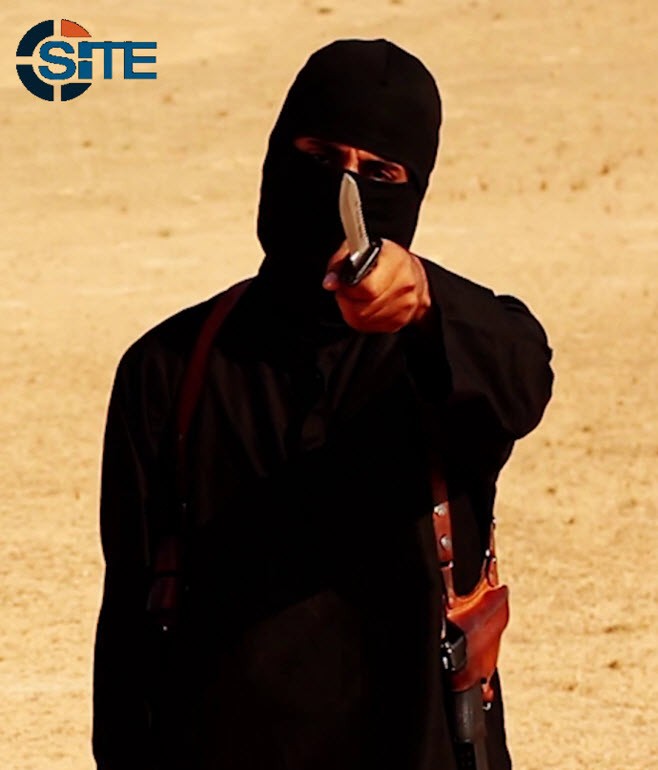The identity of 'Jihadi John', the masked Islamic State militant who appeared in gruesome beheading videos of ISIS hostages, has been revealed as Mohammed Emwazi.
Emwazi, a 26-year-old Kuwaiti-born British man from West London, is a graduate of computer engineering at the University of Westminster and was already known to British security services. He is said to have appeared in several videos with a black mask on, speaking with a British accent and decapitating Western hostages, including Britons, Americans, and Syrians.
BBC earlier reported that he first appeared in a video in August 2014, beheading United States journalist James Foley. In later videos, he was pictured during the beheadings of several other hostages, including British aid worker David Haines, US journalist Steven Sotloff, US aid worker Abdul-Rahman Kassig, and British taxi driver Alan Henning.
According to Yahoo News, Emwazi's name was first revealed by the Washington Post. Anonymous government sources also confirmed to Reuters that investigators are positive that Emwazi was the black-clad individual known as 'Jihadi John.'
Former hostages who were released by the IS called him John, as he and other British jihadists are collectively known as the Beatles.
Research director of lobby group Cage, Asim Qureshi, who spoke with Emwazi several times detailed the story of the militant's difficulties with UK and overseas security services. Qureshi said Emwazi had been "extremely kind, gentle and soft-spoken, the most humble young person I knew". He added that he is not 100 percent certain that 'Jihadi John' was Emwazi, but he found some "striking similarities".
"We had two-and-a-half years of communications talking about what he could do to alleviate his problems," cited Qureshi.
The identity was discovered by the US and British counter-terrorism authorities last September. Voice and facial recognition, along with other investigative techniques, were used by the US and British intelligence services to identify the man.
Security officials, however, declined to disclose his name, citing that it will only make it difficult for them to catch Emwazi.



























